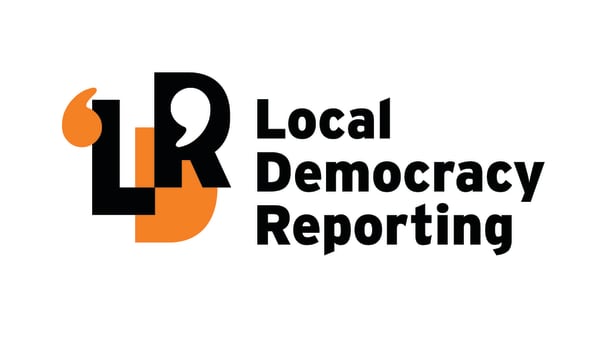The man spearheading a Gisborne initiative to house those displaced by Cyclone Gabrielle has departed the region.
But Willie Te Aho is assuring affected parties the show will go on.
Following February’s weather events, Te Aho mobilised and relocated himself to Puha, near Te Karaka, leaving behind his immediate whānau in Hamilton.
As the director of Toitu Tairāwhiti Builtsmart Ltd, he has overseen the arrival of 100 transportable homes across Tairāwhiti and Wairoa — made accessible to people who are unable to live at their residence because of cyclone damage.
“It has been a gruelling 13 weeks living in Puha and helping our whānau that were affected — particularly in the Te Karaka region and my Te Aitanga a Māhaki people,” Te Aho said.
“Seeing people move back into the Te Karaka region after three months in motels is satisfying.
“Seeing the spirit of the people lift from what I saw on February 27, is very satisfying.”
Te Aho has organised weekly Sunday afternoon meetings at Te Karaka Area School since March 5 to discuss a path forward for people doing it tough.
The small town of 500 was hit badly during the cyclone when the nearby Waipaoa River burst its banks and inundated the area.
In an email sent to affected residents last Sunday, Te Aho said he was finishing up on Wednesday, but would still be available when called upon.
Various teams would lead the work directly from Thursday, he said.
Since arriving in town, Te Aho has been a vocal critic of Gisborne District Council’s handling of cyclone relief, sending a number of fiery emails to the organisation.
On May 20, he expressed frustration that the temporary buildings delivered to whānau were being held up because of council requiring additional information for consent, even though council’s building services manager Ian Petty had assured him in person the process would be smooth.
Te Aho originally pushed for the dwellings to be made available under exemption, but was told by Petty they should be completed through the normal consent application process because of their permanent nature.
A reluctant Te Aho agreed on the basis the applications would be personally handled by Petty.
He later accused the council of not caring about the mental health of Māori living in sheds and motels, and said he would no longer approach them for consents.
Those who had received a home could live in it rent-free until August 31, at which point they will be given the option to purchase it.
The final cost of the homes ranged from $108,600 to $137,800, depending on the size.
Sunday’s email to residents said frustration at insurance companies was beginning to “boil over”, as Te Aho worked to get claims settled on behalf of 36 affected parties.
“It is time to take the fight to the insurance companies,” he wrote.
Te Aho indicated he planned to enlist the help of a “high powered lawyer” to do that, and recommended $240,000 be expended from the Te Aitanga a Māhaki Cyclone Gabrielle Relief Fund for insurance purposes.
That included funding former chief executive of Hineuru Iwi Trust Robyn Rauna to lead insurance settlement work over the next six months.
It also included up to $120,000 for a specialist insurance lawyer to work with her, insurance claims consultant Dean Lester, and insured families who were part of the Te Aitanga a Māhaki approach.
“To do what our team has done in the past three-and-a-half months has not been without significant stress that has tested our team and tested our relationships,” Te Aho concluded Sunday’s message.
“All I can say for myself is that I chose to be here, so I have no complaints. I am thankful.”









0 comment
JOIN THE CONVERSATION
Read and post comments with a
Newsroom Pro subscription.
Subscribe now to start a free
28-day trial.